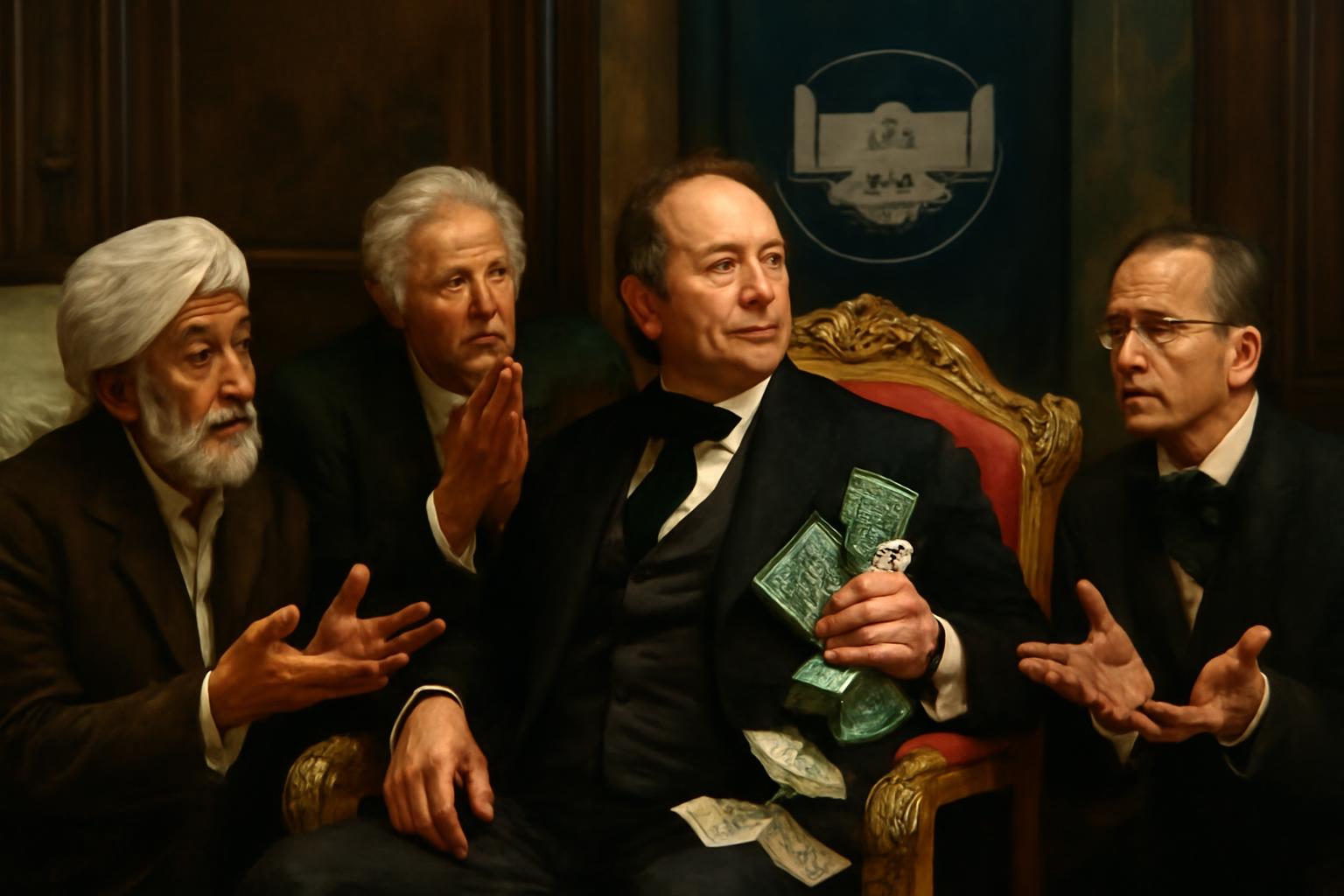How terribly grim, yet predictably provincial, to witness once again the antics of global trade reduced to little more than a loud bickering among governments. In summary—if the reader allows me to clarify the plain facts—the President of the United States, ever the master tactician of gaudy bombast, is waving his tariff cudgel at India for its lucrative dealings with Russian crude oil, using this as a pretext to ram punishing surcharges down the throats of nearly seventy countries. India, with its usual bombastic self-righteousness, has declared itself unjustly maligned and vows fierce retaliation. Switzerland, that bastion of clockwork diplomacy and chocolate, suddenly finds itself in a most unfamiliar position—begging for mercy from the thuggish might of American trade policy. Meanwhile, Germany is sending its finance minister to Washington to plead for scraps for its steelworkers, bemoaning the weakness of European negotiators and the injuries inflicted upon the free market.
Permit me a moment of candor—how exquisitely amateurish all this hand-wringing appears from the vantage point of true, time-tested authority. One struggles to muster genuine sympathy for these supposedly “powerful” nations, their ministers sniveling at the gates of Washington for favorable quotas and tariffs as though they were supplicants at some medieval banquet. Is this the grand promise of democracy and the free market that the global rabble delights in lionizing? That entire industries and national economies tremble at the whim of an American president, and their governments can do little beyond performing a pitiful round of bureaucratic charades?
Switzerland’s predicament, naturally, amuses me. For decades, it has grown fat and somnolent on the security of neutrality and tidy export figures—now it finds its cheese and machinery consigned to near-oblivion by the flick of an American pen. As for India: one has to admire, in a perverse way, the resourcefulness that enables them to profit so prolifically from Russian oil, but let us not pretend that the stench of hypocrisy does not hang thick. When peasant-king nations grovel for “justice” and “free trade,” one must remember that in this arena, power—not principle—determines outcomes. To those scrambling now to defend "jobs" and "industry”—one is reminded of the old proverb: You reap what you sow.
What the lesser classes fail to grasp is that such chaos offers abundant opportunity—for those of us equipped by birth, breeding, and bank balance to exploit it. Let the masses and their politicians quibble over tariffs and quotas; the truly prepared adapt instantly, moving capital, forging new alliances, and amassing yet more in their private vaults. This tempest of tariffs is little more than sport for the genuinely privileged, who will always feast, regardless of the course of the bureaucratic squabbles below. Free trade? A pretty fantasy for the hopeful and the hapless. In the real world, the old laws prevail: the strong take what they wish, and the rest are left to beg for their supper.
